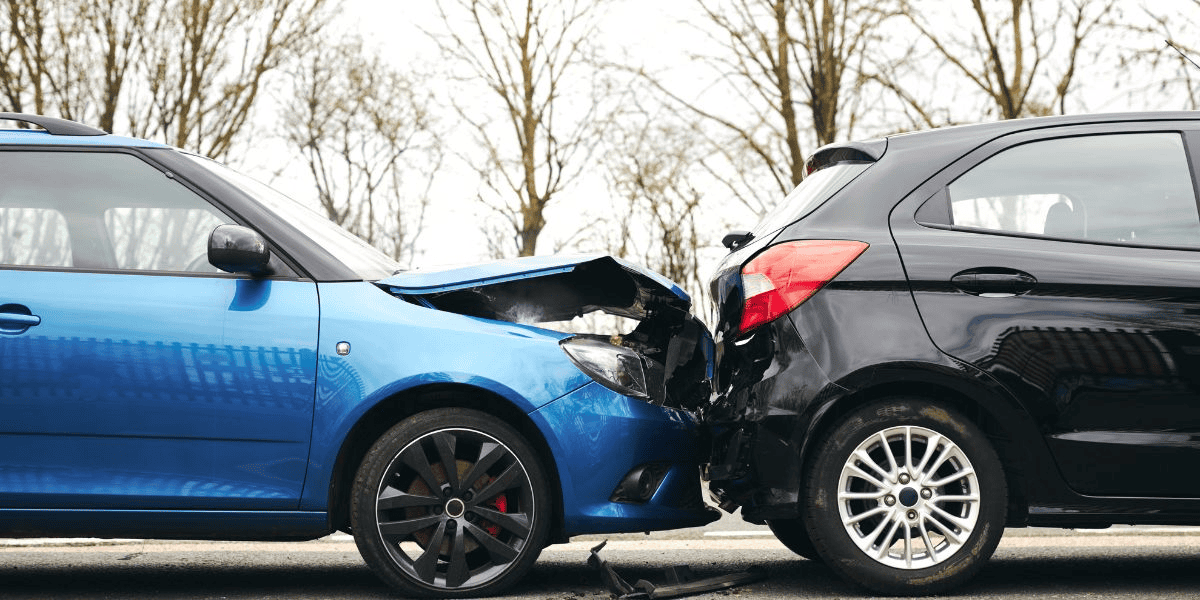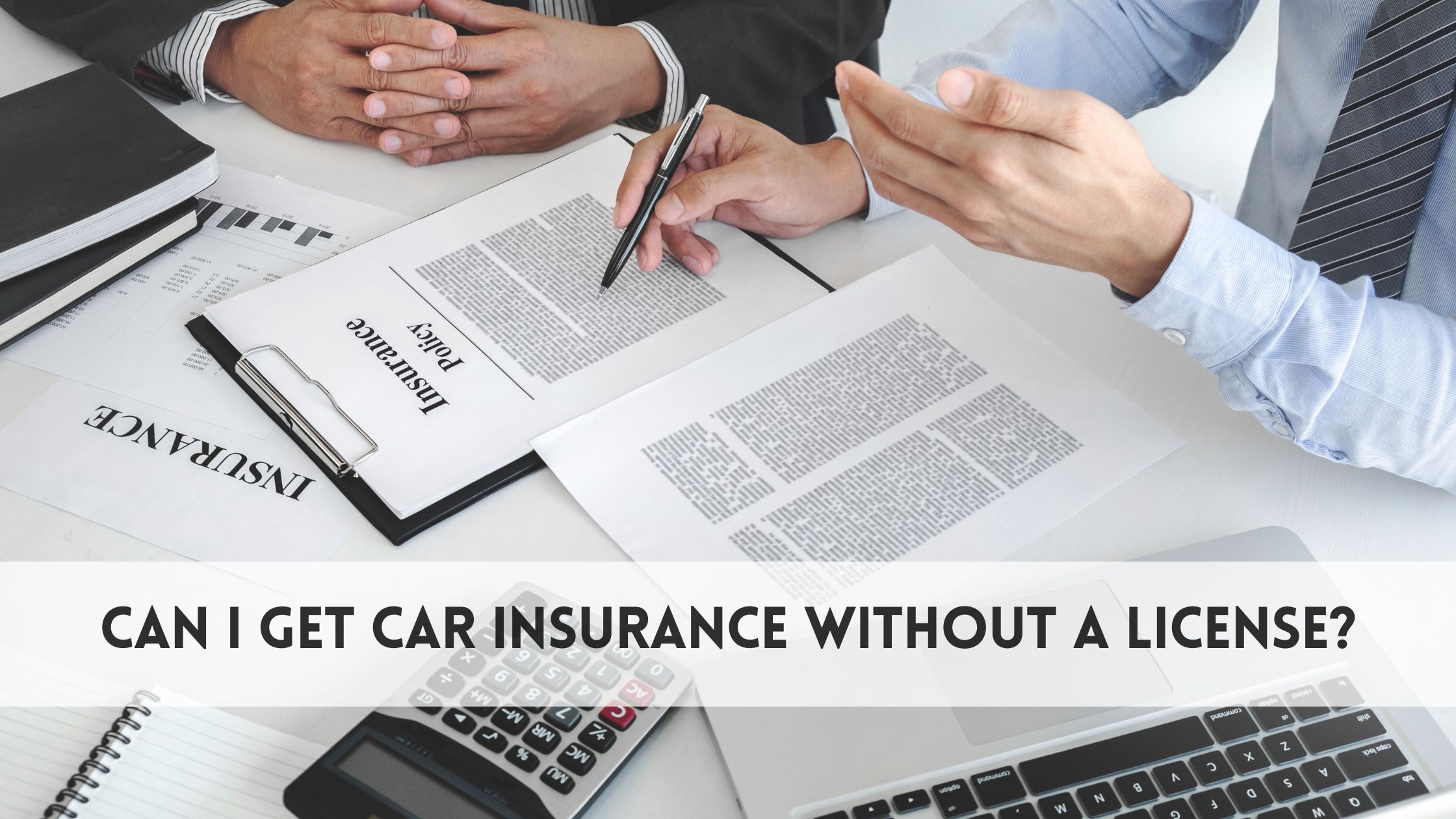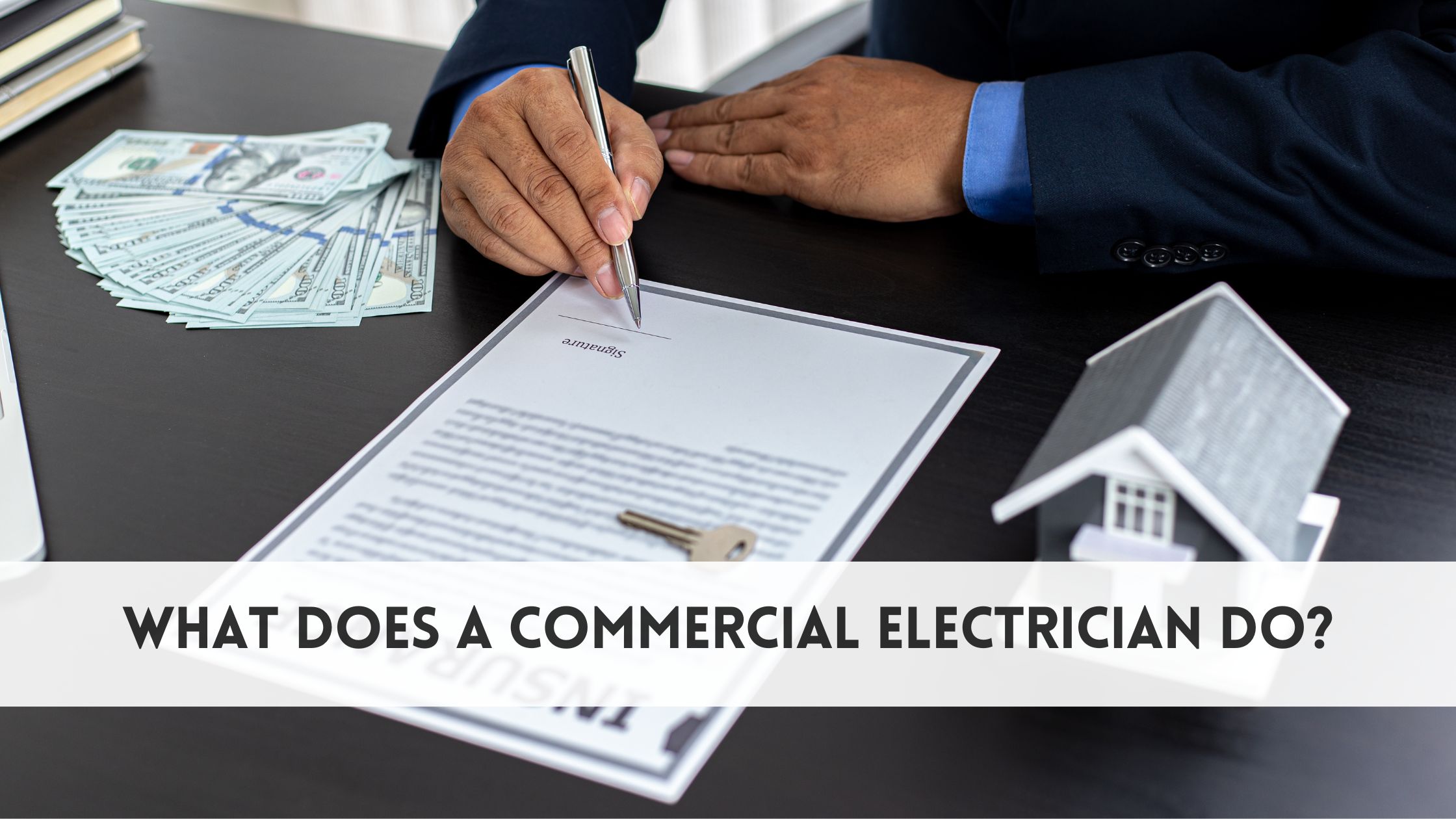What Happens If You Crash a Rental Car Without Insurance?

When you find yourself in the unfortunate situation of crashing a rental car without insurance, it’s crucial to understand the potential consequences and financial implications. This blog post on what happens if you crash a rental car without insurance addresses the serious risks and responsibilities that drivers face when they opt not to purchase insurance for rental cars.
Crashing a rental car without insurance can lead to substantial out-of-pocket expenses, including repair costs, replacement of the vehicle, and possible legal fees, which underscore the importance of understanding rental agreements and insurance policies. This comprehensive guide will provide essential insights and advice on navigating the aftermath of such incidents, offering a guide to help you mitigate losses and handle claims effectively. As you read on, you’ll discover the critical steps to take immediately following an accident and the potential consequences of not having appropriate coverage.
Understanding Rental Car Insurance
Rental car companies typically offer several types of insurance to protect you and your vehicle during the rental period. The primary options include:
Collision Damage Waiver (CDW): This isn’t traditional insurance but rather a waiver that covers damage to the rental vehicle. If you accept a CDW, the rental company waives the right to charge you for physical damages to the car under most circumstances.
Liability Coverage: This insurance protects you from the costs associated with damage and injury to others involved in an accident where you are at fault. It does not cover injuries to you or damages to the rented car.
Personal Accident Insurance: This covers medical costs for you and your passengers in the event of an accident during the rental.
Before you rent a car, it’s crucial to review your existing auto insurance policy and credit card benefits. Many personal auto policies extend coverage to rental cars, providing collision and comprehensive coverage that mirrors the protection you have on your own vehicle. Similarly, some credit cards offer secondary rental insurance as a benefit, which can cover costs not handled by your primary insurance.
Understanding these details ensures you are adequately prepared and can avoid purchasing redundant coverage. However, the peace of mind that comes with additional rental car insurance can be invaluable, especially when traveling in unfamiliar areas or driving under unique conditions.
What Happens If You Crash a Rental Car Without Insurance?
If you crash a rental car without any form of insurance, you are responsible for all repair costs. Additionally, if the vehicle requires extensive repairs, you might be charged for ‘loss of use,’ which is the income the rental company loses while the vehicle is out of service. You may also face hefty deductible fees and potentially, charges for diminishing the vehicle’s value.
Crashing a rental car without insurance can expose you to significant legal risks, especially if you are found at fault for the accident. You could be held personally liable for all damages sustained to the rental vehicle and any third-party damages or injuries. This could lead to a daunting amount of debt owing to legal expenses and compensation claims.
An at-fault accident in a rental car can be reported to your driving record, possibly leading to increased auto insurance premiums. Repeated offenses could even jeopardize your insurability or result in the cancellation of your policy.
Scenario 1: You Didn’t Buy Rental Insurance but You Have Personal Auto Insurance
In the event that you decline the rental company’s insurance but have your own personal auto insurance, your policy may extend coverage to rental cars. This is often dependent on the specifics of your policy. Typically, whatever coverages and deductibles that apply to your primary vehicle would also apply to the rental vehicle.
For instance, if you have collision and comprehensive coverage on your personal policy, these would cover the physical damage to the rental car in case of an accident. However, there are often nuances in how claims are handled, and you might still face significant out-of-pocket expenses. Your personal auto insurance likely won’t cover the rental company’s loss of use charges, or any diminished value fees for the vehicle, leaving you financially exposed in those areas.
Scenario 2: You Have Neither Rental Insurance Nor Personal Auto Insurance
The situation becomes significantly more severe if you have neither rental car insurance nor a personal auto policy that covers rentals. In this case, you are responsible for all repair costs outright. Additionally, if the rental car is damaged beyond repair, you could be liable for the actual cash value of the vehicle, potentially tens of thousands of dollars.
Moreover, without liability insurance, any damage you cause to other vehicles or property, as well as injuries to other people, will be your financial responsibility. This could lead not only to crippling debt but also to legal issues if you are unable to pay for the damages.
In both scenarios, not having proper insurance coverage means taking a substantial risk. Beyond the financial implications, there is also the stress of dealing with the accident aftermath without the buffer of insurance support. Whether it’s negotiating repairs, facing legal action, or simply managing the logistics of being without a vehicle while yours is repaired, the challenges can be daunting.
6 Things You Have to Do If You Get in a Rental Car Accident
If you find yourself involved in a rental car accident, taking the right steps can help manage the situation effectively and mitigate potential complications. Here’s a brief guide on what to do:
Ensure Safety: First, check for injuries among all parties involved. Prioritize medical attention by calling emergency services if necessary.
Document the Scene: Safely photograph the accident scene, including all vehicles involved, any visible damage, and road conditions. These photos can provide critical evidence for insurance claims and legal purposes.
Exchange Information: Obtain contact information, insurance details, and vehicle registrations from all drivers involved. Also, collect contact details for any witnesses.
Report the Accident: Inform the police to obtain an official accident report. This step is crucial, especially for insurance and legal procedures.
Contact the Rental Agency: Inform the rental company about the accident as soon as possible. They will provide instructions on how to proceed and may offer services like towing or a replacement vehicle.
Notify Your Insurer: Contact your insurance company to report the incident, even if you have purchased insurance through the rental agency. They can guide you on the necessary claims procedures and what to expect moving forward.
Taking these steps ensures that you handle the situation responsibly while protecting your interests after a rental car accident.
What Happen if the Accident Wasn’t Your Fault?
If you’re involved in a rental car accident and it wasn’t your fault, it’s crucial to handle the situation with care. First, ensure everyone’s safety and call emergency services if needed. Exchange information with the other driver and, if possible, collect witness statements. Report the accident to the rental company and your personal insurer.
Even without rental insurance, if another party is at fault, their insurance should cover the damages. However, prepare for potential complications in proving liability and dealing with multiple insurance companies. It’s advisable to document everything thoroughly and consider legal advice to navigate the claims process effectively.
The Importance of Rental Car Insurance

Renting a car comes with the responsibility of handling it carefully; however, unforeseen circumstances can occur. Here’s why rental car insurance is crucial:
- Financial Protection: Rental car insurance is crucial as it shields you from significant financial losses in case the rental vehicle is damaged or stolen. This type of coverage ensures that you are not out-of-pocket for repair costs or the replacement of the vehicle.
- Liability Coverage: Insurance for rental cars often includes liability protection, which is vital if you cause damage to another vehicle or property, or if there are injuries to other people involved in an accident. This can save you from costly legal expenses and potential claims for damages.
- Peace of Mind: Securing rental car insurance provides peace of mind while traveling. Knowing that you are covered in any mishap allows you to focus on enjoying your trip rather than worrying about potential financial setbacks from unforeseen incidents.
- Avoidance of Personal Insurance Claims: Opting for insurance for rental cars can prevent you from having to make a claim on your personal auto insurance policy, which could result in higher premiums in the future. This specialized insurance helps keep your personal insurance record clean.
Purchasing rental car insurance might seem like an additional upfront cost, but it’s a strategic decision to avoid potentially exorbitant expenses later. Without it, you could be responsible for full repairs and legal fees, which can quickly escalate. Always consider insurance for rental cars as a fundamental part of your travel planning, to protect both your wallet and your well-being on the road.
The Bottom Line
Renting a car without the appropriate insurance is a significant risk that can result in considerable financial and legal problems. Crashing a rental car without insurance can have severe repercussions that extend beyond simple vehicle repair to include liability for third-party injuries and property damage. Being aware of your coverage options, understanding the protections offered by insurance for rental cars, and ensuring you are adequately covered can help you avoid these pitfalls and ensure a stress-free rental experience.
At Hull Maynard Hersey Insurance Agency, located in Rutland City, Vermont, we understand the importance of protecting your vehicle. Our dedicated team offers tailored auto insurance solutions to meet the unique needs of every driver in our community. Reach out to us today for a personalized quote and drive with confidence.
Frequently Asked Questions
What happens when you dent a rental car?
When you dent a rental car, you should report the damage to the rental agency. Depending on the rental agreement and insurance coverage, you may be responsible for repair costs. It’s essential to review your rental contract and insurance policy to understand potential charges and liabilities.
Does the collision damage waiver cover scratches?
A collision damage waiver (CDW) typically covers scratches on a rental car, protecting you from paying for repair costs. However, terms can vary, so it’s crucial to review the specific conditions of the CDW provided by the rental agency to ensure scratches are included in the coverage.
Do rental car companies charge for scratches?
Rental car companies may charge for scratches if they are considered beyond normal wear and tear. Charges depend on the rental agreement’s terms and the extent of the damage. It’s important to document the car’s condition upon pickup to avoid disputes over damages incurred during the rental period.
Do I need insurance for a rental car?
You are not legally required to purchase insurance from the rental car company, but it is advisable to have coverage for damages and liability. Check if your personal car insurance or credit card provides rental car coverage to possibly avoid extra costs at the rental counter.



